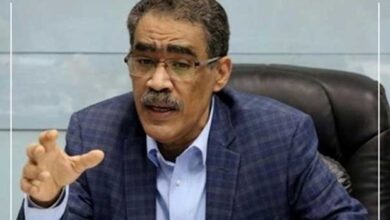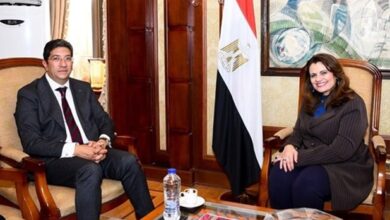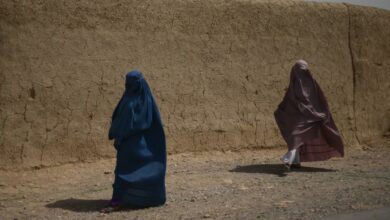
The ruling Supreme Council of the Armed Forces on Monday defended itself against accusations that it had pressured an Egyptian court to lift the travel ban on US citizens charged with receiving illegal foreign funding for the civil society organizations they work for.
Political activists had demanded clarification on the role of the transitional government and the SCAF in lifting the ban despite the fact that the accused were being tried, which they deemed as interference in the work of the Egyptian judiciary.
“Nobody can impose anything on the judiciary,” said SCAF member Taher Abdallah. “Also, there are political considerations between Egypt and the United States that should be accounted for.”
Abdallah’s statements came during a briefing in Helwan, south of Cairo, as he announced the building of a 6,000-unit housing project.
Egyptian authorities had accused the workers, including the son of US Transportation Secretary Ray LaHood, of working for groups that were receiving illegal foreign funding and had barred them from leaving the country.
The case put at risk US$1.3 billion in annual US military aid to Egypt, a funding that began flowing after Egypt made peace with Israel in 1979. It marked the deepest rift in US-Egyptian relations in decades.
The travel ban was lifted last week and the US State Department on Friday said 13 foreign workers — six of them US citizens — had left Egypt on a private plane. The amount of bail paid for the US citizens was set at about $330,000 each.
Meanwhile, in response to demands that the Supreme Judicial Council investigate why Judge Abdel Moez Ibrahim lifted the ban, Mohamed Salem, secretary general of the council, said he does not have the complete picture yet.
“The council may still investigate the matter although it has no jurisdiction in this regard,” he said, ruling out a withdrawal of confidence from Ibrahim.
Translated from Al-Masry Al-Youm




